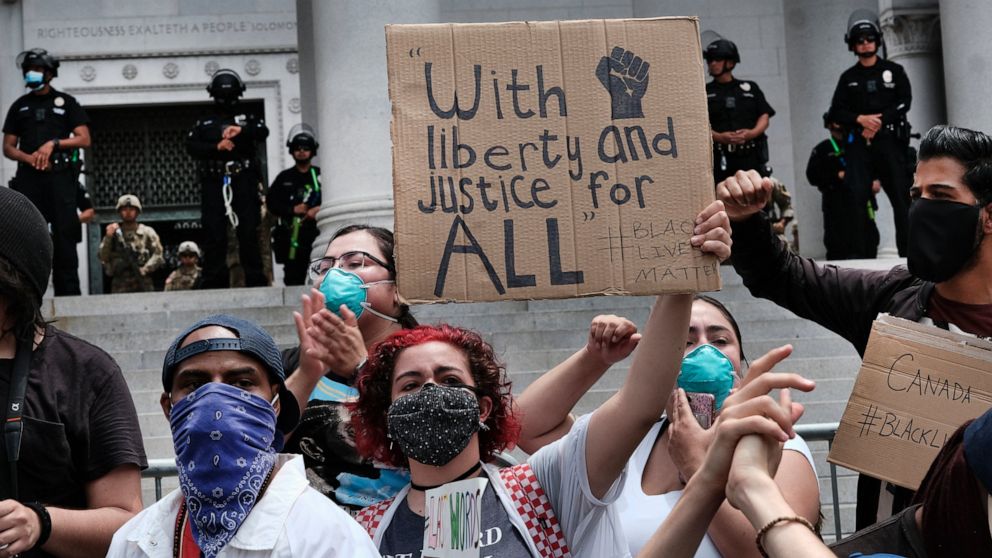NEW YORK — When the Ford Foundation took the unprecedented step in June 2020 of issuing $1 billion in debt to help stabilize other nonprofits, it delighted investors and inspired several other large foundations to follow suit.
Two years later, the foundations all stand by their decisions to take on long term debt, allowing several to essentially double the amount of their grantmaking. But they also caution they are unlikely to repeat the move any time soon.
Responding to what the MacArthur Foundation called the “twin pandemics” of COVID-19 and systemic racism, the foundations mostly issued social bonds ranging from $100 million to Ford’s $1 billion. The unusual moved allowed them to increase their donations and take advantage of favorable market conditions, instead of dipping into their endowments.
As of June this year, the Ford Foundation has spent more than 90% of the funds it raised in its only bond offering, with 70% of the grants so far going to organizations led by people of color and 87% going to general support, meaning the funds could be spent any way the organizations wanted.
“It just let us put on steroids something that we wanted to do anyway,” said Hilary Pennington, an executive vice president of the Ford Foundation.
Greg Ratliff, senior vice president at Rockefeller Philanthropy Advisors, said issuing bonds was an innovative use of the foundation’s assets.
“It allowed them to double their annual investing in their organization, which is kind of amazing,” said Ratliff.
Ford’s bonds also met the requirements to be social bonds, which are attractive to investors who want more ESG investments and are looking to show they have provided some benefit to their local communities. Ford will have to repay investors with interest over either 30 or 50 years, depending on which bonds they purchased, in exchange for having had access to the extra cash.
Ford’s board of trustees approved the move in the face of extraordinary circumstances, Pennington said.
“If we can’t swing for the fences at a time like this and use every aspect of our resources to try to make a difference in an existential moment, what are we here for?” she said.
Following Ford’s lead, the Rockefeller Foundation issued $700 million in bonds. The Bush Foundation used the $100 million from its bond issuance to launch two new community trust funds focused on closing racial wealth gaps. The California Endowment worked with partners to develop plans to support…
Click Here to Read the Full Original Article at ABC News: Business…

